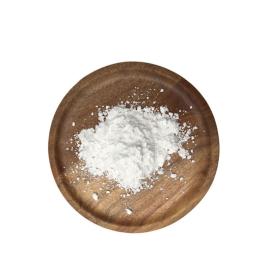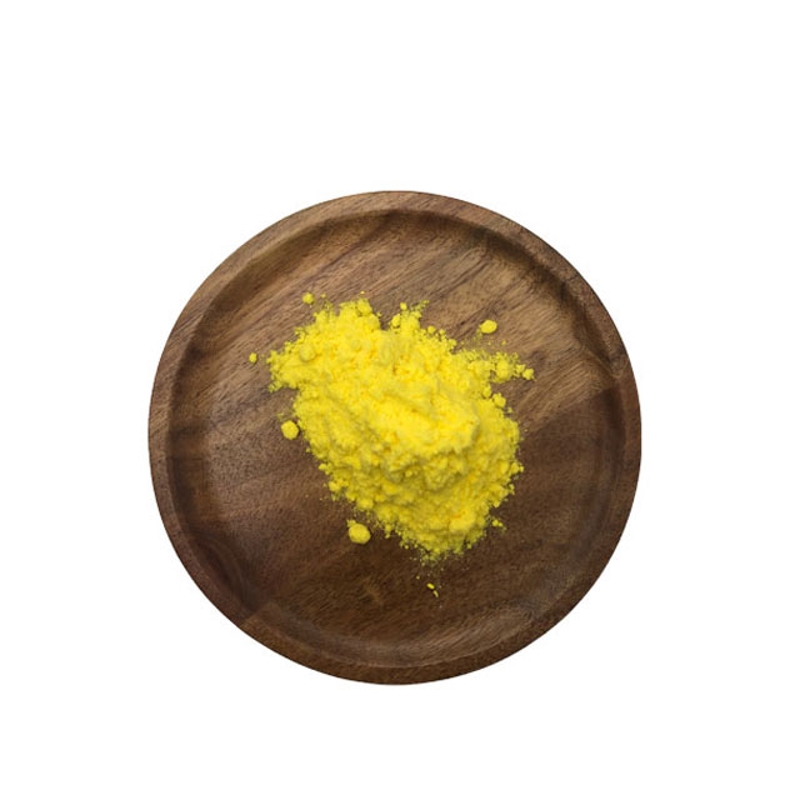-
Categories
-
Pharmaceutical Intermediates
-
Active Pharmaceutical Ingredients
-
Food Additives
- Industrial Coatings
- Agrochemicals
- Dyes and Pigments
- Surfactant
- Flavors and Fragrances
- Chemical Reagents
- Catalyst and Auxiliary
- Natural Products
- Inorganic Chemistry
-
Organic Chemistry
-
Biochemical Engineering
- Analytical Chemistry
- Cosmetic Ingredient
-
Pharmaceutical Intermediates
Promotion
ECHEMI Mall
Wholesale
Weekly Price
Exhibition
News
-
Trade Service
Anti-EGFR monoclonal antibodies Sitoxydone and Pani monoanti are recommended treatment options in patients with WILD metastatic colorectal cancer (mCRC) carrying RAS/BRAF.
The super-selectivity of the flanks and molecules of primary tumors helps to screen patients who are most likely to benefit from EGFR inhibition, such as left side tumors and those without rare genetic variants associated with primary resistance (HER2/MET amplification, gene fusion, PIK3CA mutations, and microsatellite instability (MSI).
tumor tissue sequencing is still the main detection method, but limited by space-time genetic heterogeneity.
liquid biopsy is not recommended as an initial treatment option for mCRC patients.
Valentino study included left-hand side, RAS/BRAF wild type, HER2-negative, microsatellite stable mCRC patients who received FOLFOX-Pani monoantigen therapy.
researchers analyzed an amplified genome map of 14 genes in baseline plasma samples and compared the data with the results of ultra-deep sequencing of tumor tissue.
10 of the 120 patients who detected the mutation carried RAS ctDNA mutations and 15 carried PIC3CA ctDNA mutations, with positive rates of 31.3% and 47.1%, respectively, with tissue sequencing results.
the detection of RAS or PIC3CA mutations in the baseline ctDNA was significantly associated with poor mid-PFS and mid-OS in patients with prognossis baseline ctDNA.
CTDNA RAS mutations were also associated with poor RECIST response, early tumor shrinkage, and depth of response, while PIC3CA mutations were not associated with RECIST response.
patients with the worst prognosis (variant allegen frequency ≥5% vs all-wild type: medium PFS: 7.7 vs 13.1 months, HR 4.02,95% have the worst prognosis for patients with high frequency of CtDNA RAS/PIK3CA mutation mutations on prognosis CI 2.03-7.95, p.lt;0.001; Mid OS: 18.8 vs 38.9, HR 4.07, 95% CI 2.04-8.12, p.lt;0.001).
in summary, baseline ctDNA analysis may increase the value of tumor tissue testing to improve molecular hyper-selection in mCRC patients, resulting in early anti-tumor therapy based on anti-EGFR.







